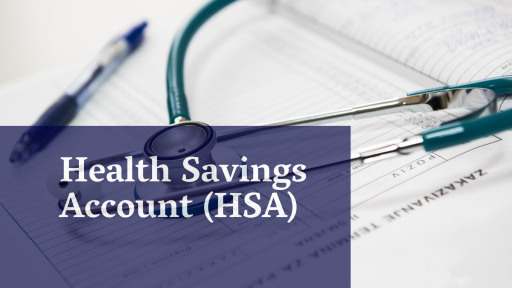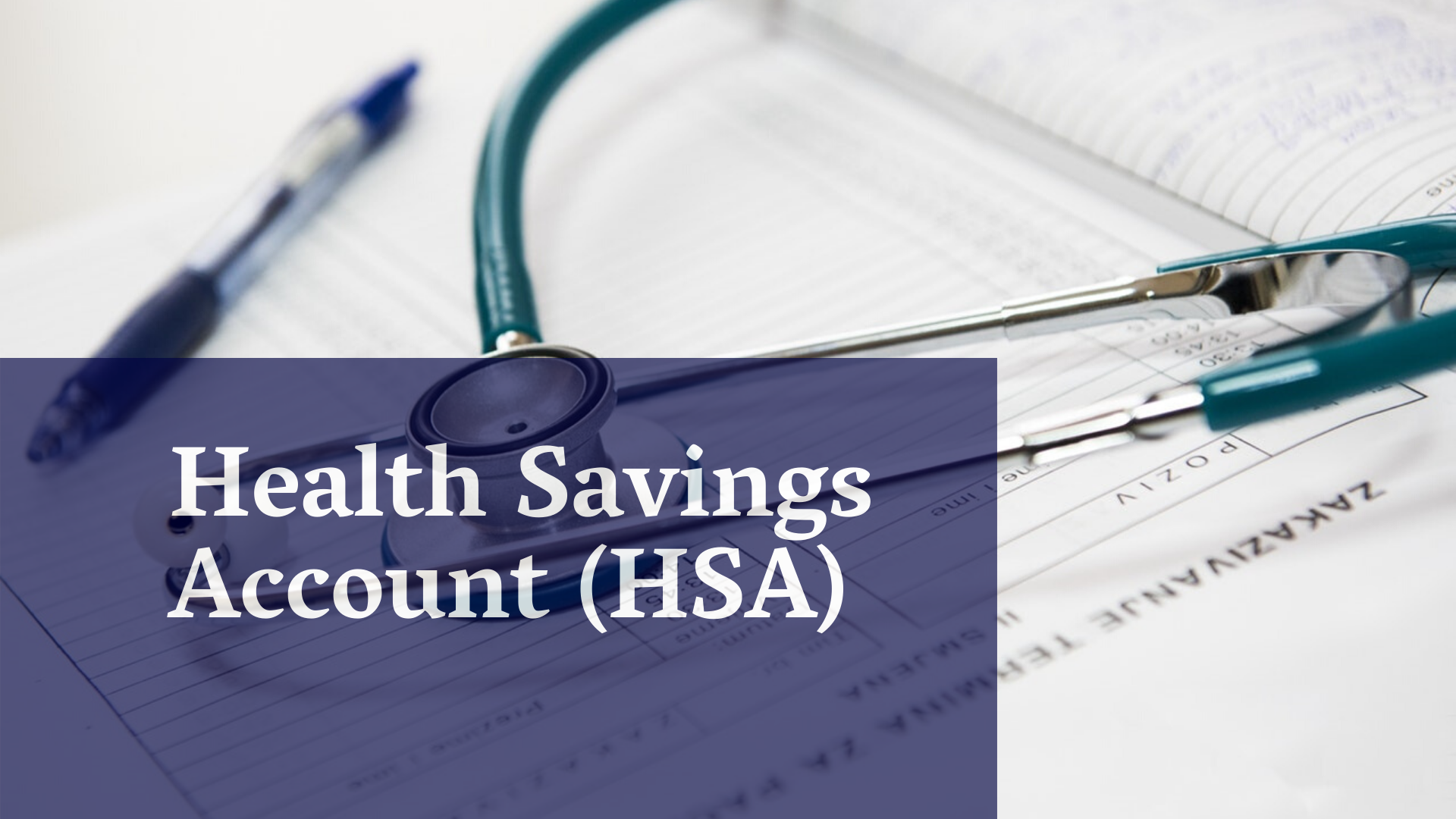HSA Details
During a recent conversation the subject of Health Savings Accounts (HSA) came up. I remember hearing about it before, but I associated it with Flexible Spending Accounts (FSA). As a relatively young guy with no health issues I quickly dismissed it as something I did’t need. But this time, something in the conversation made my ears perk up!
They don’t expire at the end of the year!
That’s always been my beef with FSA accounts. If you don’t spend the money by the end year, under most plans you lose it. Well that’s not an issue with an HSA. Money accrued in your account can be rolled over year to year all the way into retirement!
Interest piqued, I went to my computer to learn more about this program.

Like FSAs, HSA contributions are tax free! As of 2020, you can contribute between $3,550 (for an individual) and $7,100 (for a family) per year.
HSAs can only be paired with High Deductible Health Plans (HDHP). If you’re not familiar with HDHPs, they work the same as regular health insurance plans, except they carry a higher deductible before your insurance benefits kick in. They carry a minimum deductible of $1,400 and a maximum of $6,900 for individual plans. For families the minimum is $2,800 with a max deductible of $13,800.
I know those high deductibles sound scary but with an HSA, you can use tax free money to cover your plan deductible and other uncovered medical expenses. Additionally, HDHP plans are typically much cheaper than traditional plans so you have the added benefit of saving on your monthly premiums!
Here’s another huge benefit to the HSA-
Your unused money can be invested!

Any unused money in your HSA rolls over from year to year. Eventually, you may have more in that fund than you will need to pay your yearly deductible. Most HSA providers will offer investment funds (stocks, bonds, ETFs) where you can put your extra HSA dollars. The dividends and profits you make from your investment will continue to grow TAX FREE!
You will want to leave some funds in your regular HSA account for your deductible. But don’t worry, if you have a medical emergency and you need ALL your HSA funds, you can liquidate the investment and move the proceeds into your regular account so they can be used.
As with most things, there are drawbacks to the HSA.
- If you and your family have high yearly medical expenses, the HSA is probably not the best plan for you.
If you think you will use all your tax free funds every year, you should look into an FSA account. Your contributions are tax free as well and you don’t have to pair it with a HDHP.
- If you use your HSA funds for anything other than approved medical expenses, you could get hit with a hefty penalty.
Any non-approved withdrawals (before retirement age) are subject to a 20 percent penalty. Click here to see a list of approved medical expenses.
- The money you withdraw from your HSA in retirement will be taxed as regular income.
Your invested HSA contributions grow tax free however, once you withdraw them at retirement age (59 ½), they are subject to income tax, like a Traditional IRA or 401K.
Speak with your financial advisor about adding an HSA to your overall financial strategy.






